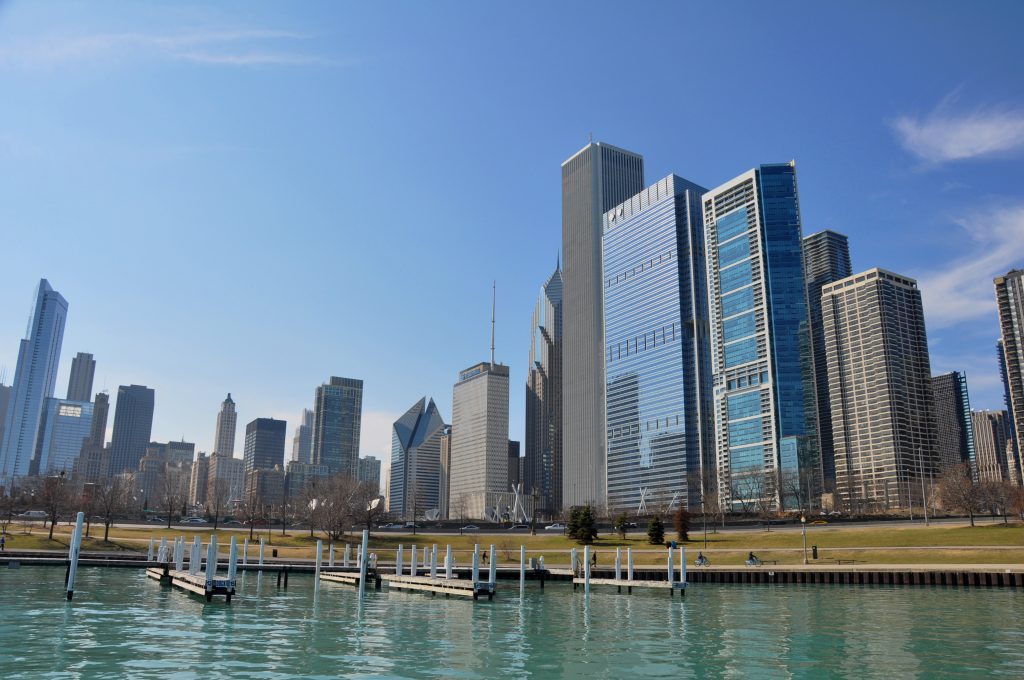David Hackett advises senior management, legal departments and boards of major corporations and nonprofits on compliance, risk, environmental and sustainability matters. He has exceptional experience managing US and international compliance and environmental projects, including the evaluation and development of effective compliance and sustainability programs. He also has extensive experience litigating major civil and criminal environmental matters. David sits on multiple nonprofit boards and additionally advises many civic and nonprofit organizations across the globe. Following his tenure with the Environmental Enforcement Division of the US Department of Justice, David joined the Firm where he has played a formative role in the establishment of the Firm's compliance, environmental, climate and sustainability practices. At Baker McKenzie, David has served as the managing partner of North America, a member of the Global Executive Committee, and Chicago office managing partner. He has also been the North America Chair of both the Compliance Practice Group and the Banking, Finance and Major Projects Practice Group.
Doug Sanders leads Baker & McKenzie's US Environmental Litigation practice. He represents a broad range of domestic and non-US corporations before federal, state and administrative courts in environmental, class action, mass tort and product liability litigation, government enforcement, permitting and criminal proceedings.
John W. Watson chairs the Firm’s North American Environmental Practice Group and leads the coordinated Global Environmental Practice, consistently recognized as the largest environmental practice of any law firm in the world. Mr. Watson has been advising industrial enterprises on managing environmental risks and liabilities arising out of their domestic and international operations for over 25 years.
Jessica Wicha regularly advises US and multinational companies on managing the risks and liabilities arising under federal and state environmental, health and safety ("EHS") laws, with a particular emphasis on solid and hazardous waste and water resource issues. A significant portion of her practice also focuses on the US and international EHS laws regulating the manufacture, marketing, sale and disposal of products, including TSCA, FIFRA, California’s Proposition 65, and state chemical content and electronic waste laws. Ms. Wicha's practice covers the spectrum of environmental legal matters, including regulatory compliance counseling, enforcement defense, and environmental aspects of complex business transactions. She strives to provide practical solutions to her client's environmental legal challenges, including day-to-day compliance issues, remediation matters, emergency spills and releases, and regulatory enforcement. Ms. Wicha also has extensive experience advising on environmental transactional matters across a wide range of industry sectors and global jurisdictions. This work includes scoping and coordinating environmental due diligence, managing environmental consultants, advising clients on environmental liability and risk allocation issues and tools, drafting and negotiating environmental contractual language, and coordinating permit transfers. Ms. Wicha is a past co-chair of the Baker McKenzie Chicago Associates Committee and currently serves on the Baker McKenzie Chicago BGreen Committee and is a member of the Firm's BakerWomen group.
Catherine Yang is an associate in the Baker McKenzie's Chicago office and a member of the Banking Finance & Major Projects Group.



